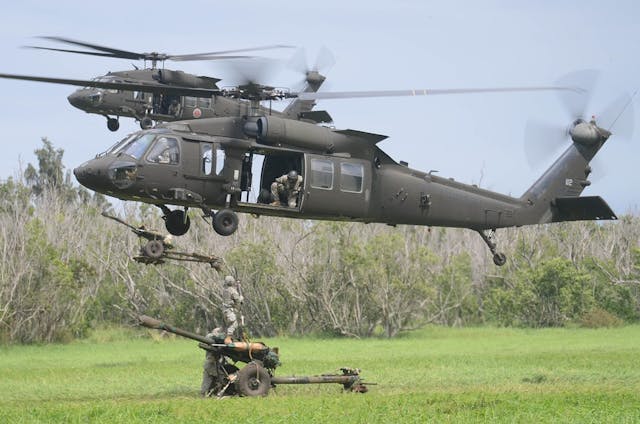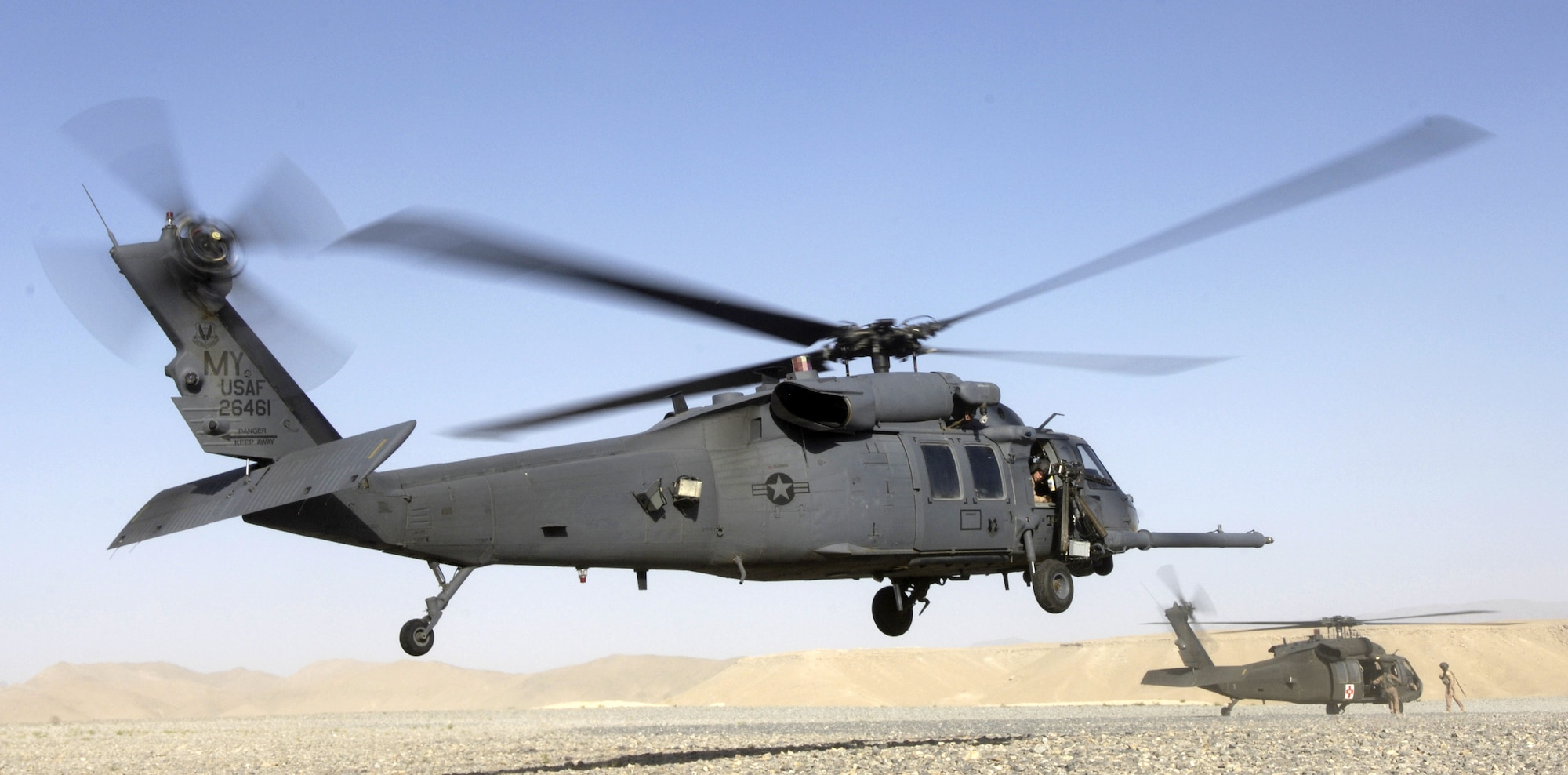Background and Advancement of the UH 60 Black Hawk Helicopter
Background and Advancement of the UH 60 Black Hawk Helicopter
Blog Article
The Impact of Lasting Practices on the Future of Aircraft Procedures and Emissions Reduction
As the air travel industry faces boosting examination over its ecological impact, the fostering of lasting methods arises as an important path towards future airplane procedures and emissions decrease. Technologies in sustainable air travel gas and innovations in crossbreed propulsion technologies stand at the center of this makeover, promising considerable reductions in greenhouse gas emissions.

Review of Lasting Practices
Sustainable techniques in airplane operations include a range of strategies targeted at decreasing environmental influence while maintaining functional efficiency. These practices are crucial in the air travel market's dedication to reducing its carbon footprint and sticking to international ecological criteria. Key initiatives consist of optimizing trip courses to minimize fuel consumption, improving upkeep protocols to ensure aircraft operate at peak performance, and implementing advanced innovations such as winglets and lightweight materials that enhance the rules of aerodynamics.

Involving and educating personnel on sustainability practices also play a crucial function, cultivating a culture of environmental responsibility within companies. Overall, the integration of these sustainable techniques not just aids decrease discharges however likewise improves the long-term viability of the air travel sector, guaranteeing it satisfies the demands of both clients and regulative bodies while adding to global sustainability objectives.
Ingenious Fuel Alternatives
Many innovative fuel options are arising as pivotal services to lower the aeronautics industry's reliance on conventional nonrenewable fuel sources. Among these options, Sustainable Air travel Fuels (SAFs) have acquired considerable attention due to their possible to decrease lifecycle greenhouse gas exhausts by up to 80% compared to standard jet fuels. SAFs are derived from various feedstocks, consisting of waste oils, farming deposits, and even algae, making them a versatile option for the industry.
Another promising option is hydrogen fuel, which, when utilized in fuel cells, creates just water vapor as a by-product. This zero-emission possible presents a significant opportunity for decarbonizing flight procedures, specifically for short-haul trips and local airplane. In addition, electric propulsion systems are being discovered, leveraging battery technology to power airplane. While present battery capacity restrictions array and payload, continuous advancements may soon make electric flights feasible for details applications - uh 60.
Lastly, biofuels stemmed from biomass are being checked out, using a sustainable alternative that can be blended with standard gas. Jointly, these cutting-edge gas choices stand for an essential action toward attaining a lasting air travel ecological community, lining up with worldwide discharges reduction targets and boosting the sector's ecological stewardship.
Technological Developments in Aeronautics

Exactly how can technological advancements reshape the future of aeronautics? The combination of advanced innovations is critical find out in changing airplane procedures, improving efficiency, and decreasing discharges. Technologies such as electrical and hybrid propulsion systems go to the forefront, promising considerable reductions in gas consumption and greenhouse gas emissions. These systems leverage advancements in battery innovation and power administration, making it possible for airplane to operate with a reduced environmental impact.
Additionally, the implementation of sophisticated materials, such as light-weight compounds, adds to enhanced the rules of aerodynamics and fuel effectiveness. The usage of fabricated knowledge and maker understanding in flight operations enhances route preparation and minimizes fuel melt by allowing real-time changes based upon weather condition and website traffic conditions. Furthermore, the development of independent and from another location piloted airplane systems stands to reinvent freight and guest transportation, possibly raising performance while reducing human error.
Additionally, lasting aviation modern technologies, including innovative air website traffic administration systems, can reduce and simplify operations blockage, bring about lower emissions during trip. These developments jointly stand for a standard change in air travel, promising a future where sustainability and functional performance are intertwined, thereby supporting Check Out Your URL the industry's dedication to reducing its environmental influence.

Regulative Framework and Conformity
Due to the expanding focus on environmental stewardship within the air travel market, the regulatory framework governing aircraft procedures is evolving to advertise sustainable techniques. Regulatory bodies, such as the International Civil Aeronautics Organization (ICAO) and numerous national aeronautics authorities, are introducing rigid guidelines targeted at decreasing discharges and enhancing operational efficiency.
These regulations commonly consist of the adoption of Sustainable Aeronautics Gas (SAF), which has been identified as an essential element in achieving reduced carbon footprints. Conformity with these policies calls for airline companies to execute functional practices and advanced technologies, such as optimized flight paths and boosted air website traffic monitoring, to minimize gas consumption.
In addition, the enforcement of emissions trading plans and carbon countering campaigns is coming to be significantly common, compelling airline companies to monitor and report their exhausts precisely. Non-compliance can lead to significant charges, thus pressing drivers to focus on sustainability in their service designs.
Ultimately, the progressing regulative landscape not only drives development and investment in green modern technologies yet additionally fosters a culture of responsibility within the aviation industry. As these structures remain to create, the emphasis on lasting practices will be integral to accomplishing the sector's lasting ecological goals.
Future Fads in Aircraft Operations
As the aviation market adapts to a progressively strict regulatory environment, future trends in airplane operations are readied to concentrate on innovative options that even more enhance sustainability and efficiency - uh 60. Trick advancements will likely consist of the adoption of advanced air traffic management systems, which make use of real-time data and expert system to optimize trip paths, reducing gas intake and emissions
Another considerable fad is the enhanced integration of lasting aeronautics gas (SAFs) These choices to conventional jet gas, originated from sustainable sources, can considerably decrease lifecycle greenhouse gas discharges. The industry's dedication to SAFs will likely click for more accelerate as airline companies work together with gas producers to make sure availability and cost-effectiveness.
In addition, the push in the direction of electrification and hybrid propulsion systems is gaining energy. Emerging aircraft layouts will include these technologies, using quieter and more reliable procedures, particularly for short-haul trips.
Verdict
The adoption of sustainable aeronautics fuels, combined with developments in hybrid and electric propulsion systems, is important for lessening lifecycle greenhouse gas discharges. Enhancing trip paths and embracing innovative modern technologies add to a quieter and much more eco pleasant air travel sector.
Advancements in sustainable air travel fuels and innovations in crossbreed propulsion innovations stand at the center of this transformation, encouraging considerable decreases in greenhouse gas discharges.Numerous cutting-edge fuel options are emerging as pivotal remedies to minimize the air travel industry's dependence on standard fossil fuels - uh 60. Amongst these alternatives, Sustainable Aeronautics Fuels (SAFs) have actually gotten considerable focus due to their prospective to decrease lifecycle greenhouse gas discharges by up to 80% compared to traditional jet fuels.Another significant fad is the boosted integration of lasting aviation fuels (SAFs) The adoption of sustainable aeronautics fuels, paired with advancements in electric and hybrid propulsion systems, is vital for reducing lifecycle greenhouse gas exhausts
Report this page